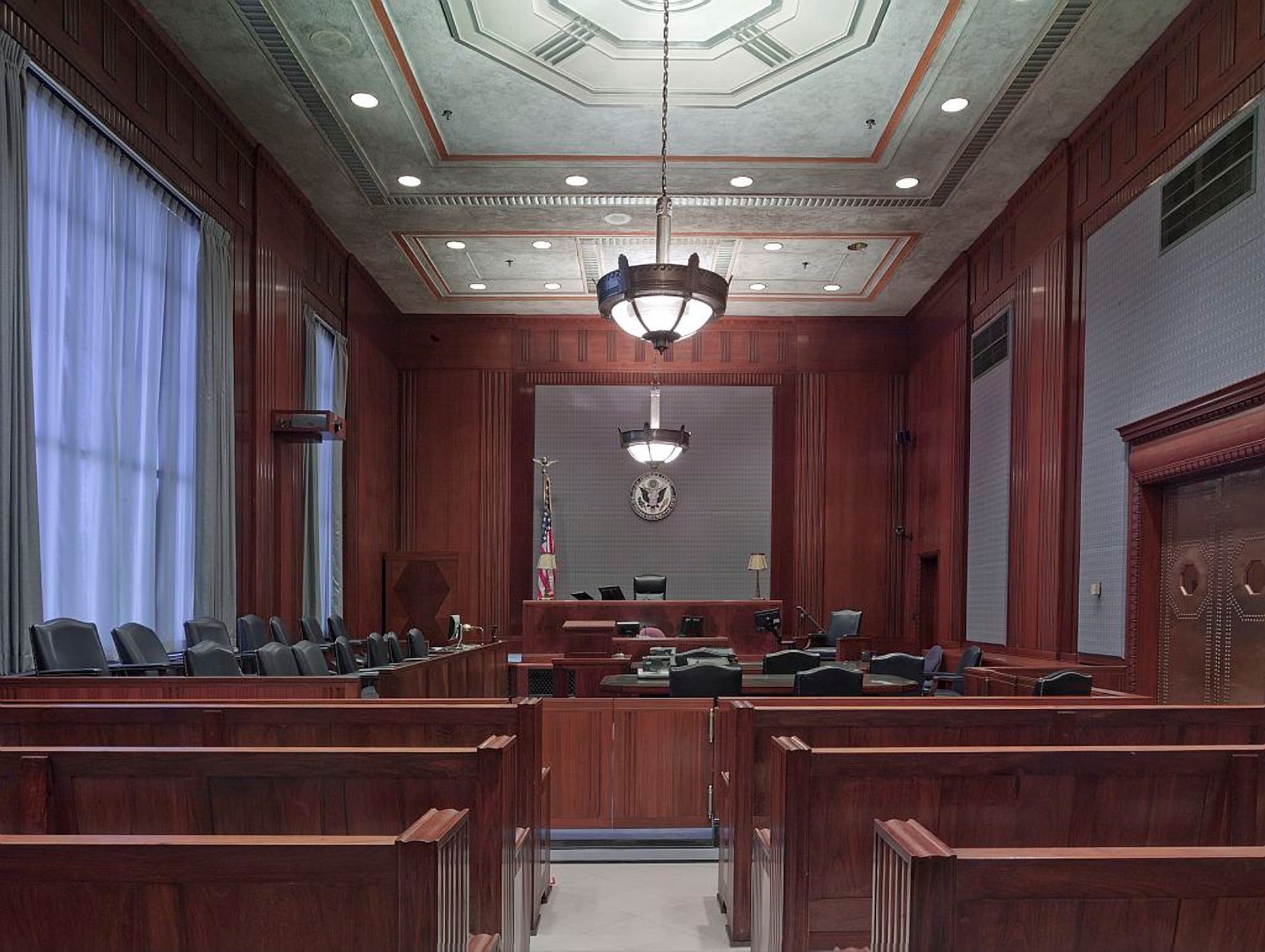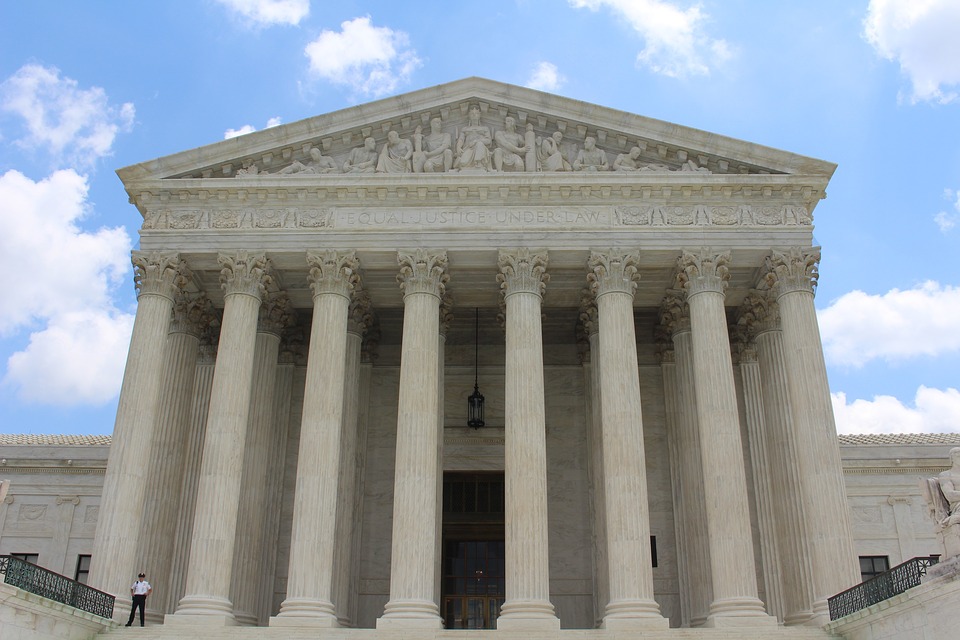Criminal Justice Reform Act Expands Ability of Defendants to Seal or Expunge Criminal Records
On April 13, 2018, Governor Baker signed a law overhauling many aspects of the Massachusetts criminal justice system. My colleague Naomi Shatz recently covered the ways that the bill made pretrial diversion available to more defendants, and introduced a new program of diversion through restorative justice. Both of those programs, if successfully completed, allow defendants to move forward without a record of conviction, or even without a record of arraignment.
The reform legislation also takes several steps to expand the ability of defendants to turn the page on prior criminal cases by sealing or expunging their prior records. Although these provisions will not become effective until October, at that point they will have far-reaching effects for many individuals. I previously addressed the pre-reform state of the law a few years ago for this blog. As things stand until the new law takes effect, a defendant must wait 5 years after a conviction of a misdemeanor before being able to seal his or her record, 10 years for a felony, and 15 years for sex offenses that can be sealed. Non-convictions (such as dismissals after a continuance without a finding) can be sealed either after those waiting periods, or by petitioning a judge to seal the record sooner. CONTINUE READING ›
 Boston Lawyer Blog
Boston Lawyer Blog

















